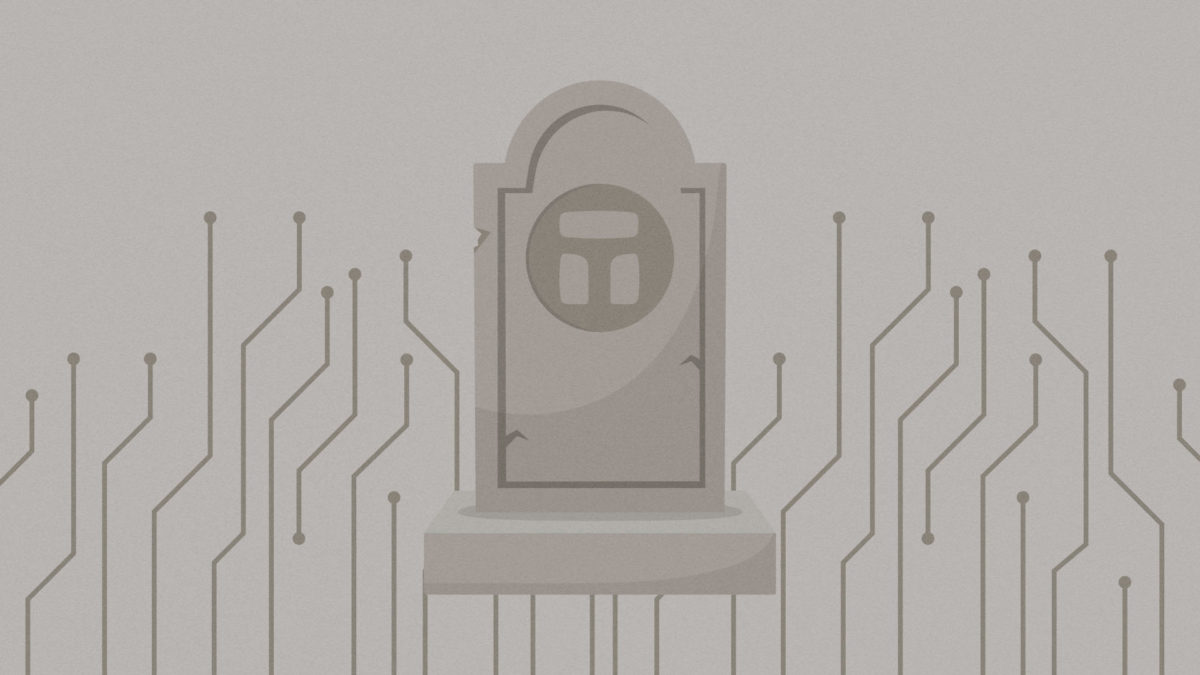Tribe kills DAO, overrules vote to pay crypto debt

Fei is an algorithmic stablecoin that launched with an approximate $2 billion market cap, and immediately had stability issues. Eventually, these appear to have been resolved, but the problems for Fei and Tribe, the governance token for Tribe DAO which oversaw Fei, were far from over.
In December of 2021 Tribe DAO and Rari Capital DAO merged with RGT, and the governance token for Rari, converted to Tribe tokens. Rari Capital offered a self-described ‘money market’ called Fuse which was drained in April 2022.
In May there was a vote held to decide whether or not the Tribe DAO should cover the losses from the hack, and the vote passed with 75% of participants signaling their support. However, when proposals were put forward to start the process of actually repaying the debt they ended up getting vetoed. Fei Labs says that the first vote was a ‘snapshot vote’ and that those are non-binding.
After this key members of the original Rari Capital team started departing the merged DAO. This led to proposals to change how funding was distributed, and Jack Longarzo, a key Rari Capital member saying: “There will likely need to be significant changes to the Rari Capital team, its relationship with the Tribe DAO, and the Fuse protocol.”
A few days later a new vote was held to decide whether to begin the repayment process, and the DAO voted not to repay the debt.
On August 19, about a month after the DAO voted against repaying the debt, Fei Labs proposed that Tribe DAO be wound down. This proposal would allow Fei token holders to redeem them for Dai, would end any governance from the DAO, and would sell other assets to increase the amount of ‘Protocol Controlled Value’ (somewhat analogous to assets backing the stablecoin) that would be in Dai, and a pro-rata distribution to Tribe token holders.
The proposal also floated a partial repayment of Rari hack victims, using the Tribe tokens that were put aside for RGT swaps when the DAOs initially merged. This differed from the earlier proposals which suggested using the ‘Protocol Controlled Value’ to repay in full.
This repayment is a bit strange, with the idea being that “the funds will be distributed equally to each affected address capped at the dollar value lost.” Unlike a straight pro-rata distribution, this is more likely to fully reimburse smaller victims, and larger victims will receive less than they would in a pro-rata distribution. Fei Labs provided a spreadsheet to show its calculations of likely reimbursements.
Fei Labs believed the likely value would result in payouts of $500k-$1m per address. This would mean that Frax that had ~$12.5m in Fuse would be receiving less than 10% of that amount back. Olympus which had ~$9.6m would be facing similar difficulties.
Read more: NFT pressure on BendDAO ramps up during weekend
The proposal has been quite controversial, especially in light of the previous signaling of intent to repay hack victims in full. Some, like @dcfgod, tried to point out that it seemed there’d be adequate value to repay everyone in full, and for Tribe holders to still be able to get some value for their tokens.
The amount of value that will be remaining for Tribe holders, including the Fei Labs team and investors, is one of the central issues at the heart of this dispute. The proposal from Fei Labs differs from the original snapshot vote which proposed using PCV to repay in full. Instead, it suggests using these other tokens and has the effect of preserving additional value for Tribe holders at the expense of victims of the hack.
This eventually led to competing proposals being entered including one from Olympus DAO, which proposes maximizing repayment, and in order to get votes offers a bribe to Tribe holders who delegate to them.
Tribe DAO has become an exemplar of many of the issues facing these organizations. It had one of the first mergers, and is now dealing with existential questions about how to equitably distribute the remaining assets when a DAO is shutting down, as well as struggling to determine who is responsible for failure.
For more informed news, follow us on Twitter and Google News.
